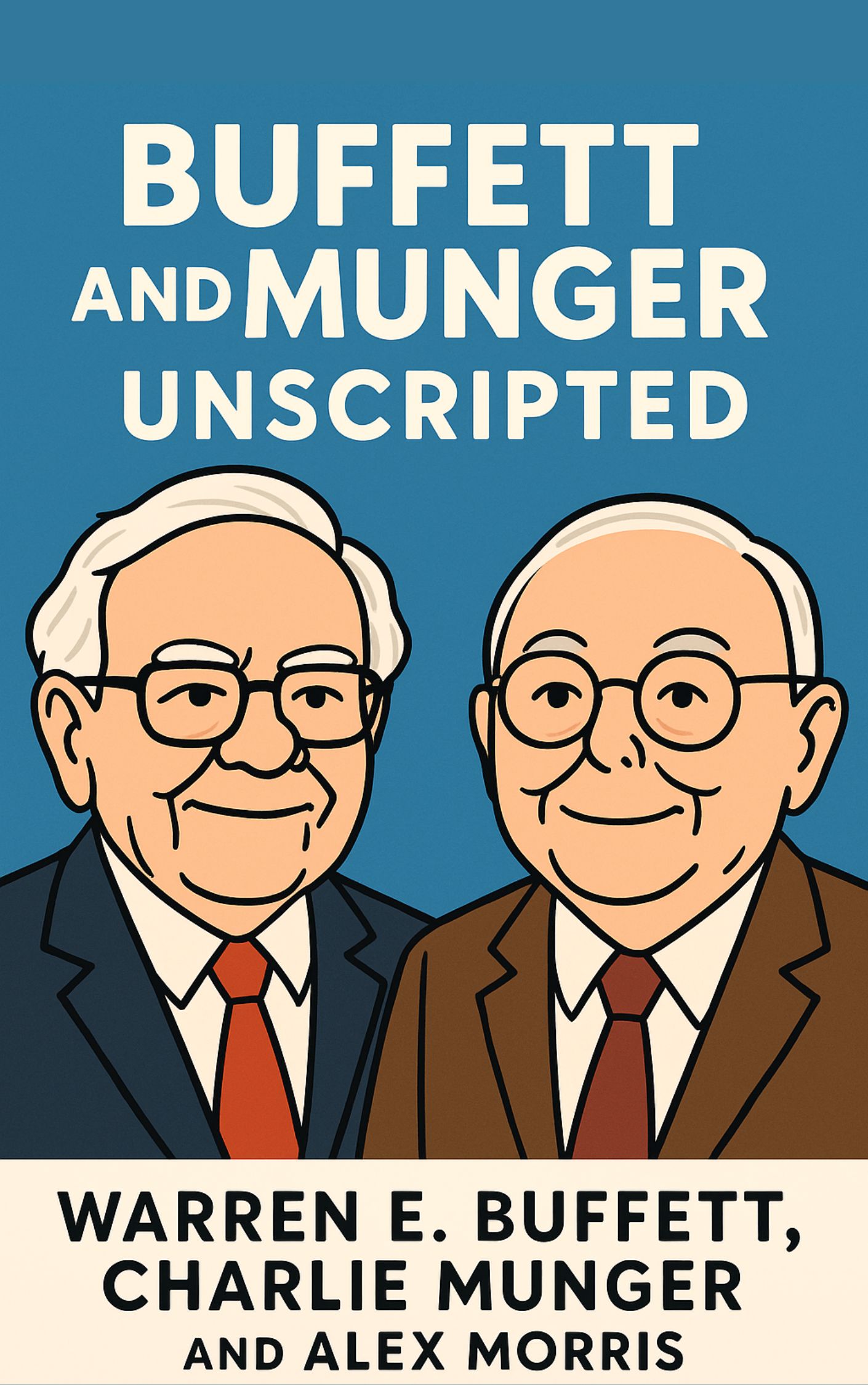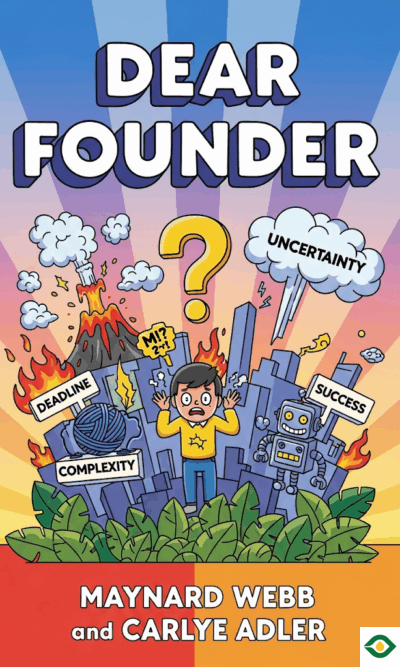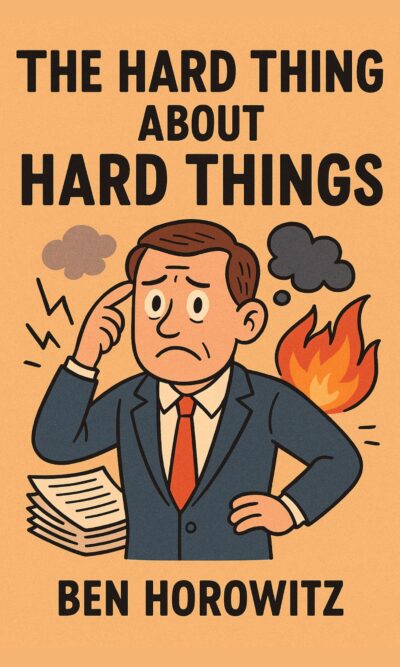Description
Warren Buffett and Charlie Munger have spent decades sharing their investing wisdom through candid conversations at Berkshire Hathaway’s annual meetings. Their approach is refreshingly clear and avoids the complexity that often dominates Wall Street. Instead of relying on guesswork, they focus on understanding businesses deeply, making disciplined decisions, and keeping a long-term perspective.
At the heart of their philosophy is the idea that investing is about owning pieces of real businesses, not just trading paper. This means evaluating companies for their long-term potential rather than short-term market movements. Buffett often talks about staying within your “circle of competence” — focusing only on businesses you understand well. You don’t have to invest in everything; you just have to act decisively when an opportunity within your knowledge appears.
Examples like See’s Candies show how they identify strong competitive advantages. Buffett asked himself if anyone with million could beat See’s dominance in California. The answer was no, and that insight was enough to see its lasting value. The company went on to generate billions in profits. Coca-Cola was another case where they looked past current trends and saw enduring strengths, holding the stock for decades as it multiplied in value many times over.
Valuation, in their eyes, is about simplicity. If you need a complex calculation to justify a price, you might be forcing the decision. They prefer clear, straightforward estimates of future cash flows, along with a margin of safety — buying well below intrinsic value. This cautious approach allows them to act with confidence, especially in times of market panic, as they did during the 1970s downturn and the 2008 financial crisis.
Capital deployment is equally important. Every dollar invested should be weighed against the best possible alternative. This mindset leads to disciplined choices in acquisitions, stock buybacks, and other investments. They only repurchase shares when it adds real value and focus on buying entire companies they can own forever. This patience and selectivity are part of why Berkshire grew from a struggling textile firm into one of the world’s most successful companies.
Their people strategy is another key factor. Buffett and Munger look for managers with intelligence, energy, and integrity — and integrity is non-negotiable. They avoid bureaucracy, allowing leaders to run their businesses independently, with incentives tied to measurable results they can control. This trust and autonomy attract exceptional talent, often from family businesses seeking stability and long-term stewardship.
The insurance side of Berkshire’s operations plays a unique role. Insurance companies hold “float” — money collected in premiums but not yet paid out in claims. Berkshire treats this as a powerful, almost permanent source of investment capital. Their cautious underwriting and strong financial position allow them to take on opportunities others can’t, such as large-scale reinsurance deals that require deep trust and vast resources. Leaders like Ajit Jain have helped build this into a world-leading operation.
When mistakes happen, their structure allows them to fix issues patiently instead of rushing into damaging short-term moves. This flexibility, combined with their strong capital base, has helped them maintain discipline through decades of changing markets.
In the end, Buffett and Munger’s system blends business understanding, sensible valuation, careful capital deployment, trust in capable managers, and the smart use of insurance float. It’s a complete, time-tested framework that turns the noise of the market into a clear, actionable process. Their lesson is simple: focus on what truly matters, avoid unnecessary complexity, and let time and discipline do the heavy lifting in building wealth.





